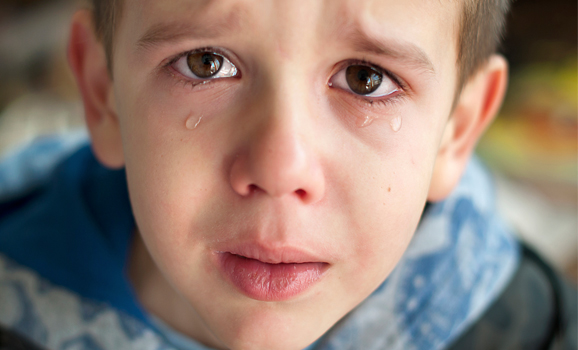
We may be the cause of our children’s anxiety, fears and depression in their adult life
It’s a scary statement but unfortunately corresponds to an indisputable reality. Our mind set as well as our parenting skills will either determine happiness and efficiency in our children’s adult life, or make them miserable.
In the first 12 years of their life, our children depend entirely on us. We mold their minds by demonstrating our leadership, love, safety, validation and guidance. They also unconsciously mirror all of our behaviors, success or fears, our approach to relationships and our attitude to life. They build their life’s models accordingly.
I have been researching new models of the mind for over twenty years, and found solutions that have helped hundreds of clients to gain happiness and efficiency in their life. But only recently have I been able to isolate the real cause of most modern psychological issues. I discovered a disorder originated by poor parenting that affects possibly half of the American population, if not more.
This is a condition that I call the Bosurgi Syndrome, which describes the devastating effects of overextended codependency in adult life. Fear of rejection, fear of judgment and abandonment, lack of self-confidence, anger, social anxiety, lack of identity and purpose, neediness or numbness in relationships, feeling like a fraud or a kid trapped in adult mind and body are just some of the devastating symptoms caused by the Bosurgi Syndrome.
Codependency is typically described as an excessive dependency to parents, partners or friends, but my research revealed this behavior to be a byproduct of the real issue.
Codependency is in fact, a healthy instinct provided by nature to every child at birth. It is built into children’s behavioral system to keep them safe and allow their parents to educate them in the first 12 years of life. It operates at the emotional level to maintain children’s dependence and need of leadership, love, safety, validation and guidance during their first vulnerable period of existence.
Since a young child is unable to navigate the world, this natural codependent instinct keeps our children close to home. If they get too far away from their parents or their teachers (which act as substitute parents) children get anxious and nervous. This instinct also keeps children in the learning mode. They soak up information like sponges.
If proper parenting is provided, based on fair leadership, unconditional love, a safe emotional and physical environment, lots of validation and precise guidance, the young adult will learn a proper model of self-leadership and the instinct of codependency will terminate at puberty. The young adult will then successfully use the teenager period to learn how to be a man or a woman, in order to gain a powerful life clear from anxiety, fears and depression.
If instead, we don’t provide our children with proper models of leadership, because we are in codependency ourselves or unable to take care of them or just not aware of the gravity of this issue, our kids will not know how to lead themselves in the process of becoming adults. This lack of self-leadership will actively maintain the instinct of codependency after puberty, with the consequence that the young adult will enter into the teenager period still held by the juvenile emotional ties of codependency.
The result will be that throughout the teenage period, there will be progressively severe issues of anxiety and fears, feeling of being an outsider and self-consciousness with their peers. It will cause social anxiety or a pleaser attitude with the intent of trying to belong, in some case eating disorders, and in others, anger and rebellion.
Some teenagers will try to cope with numbing substances such as drugs or alcohol, some will isolate themselves in safe environments like video games or excessive computer use, some will carry on with their lives focusing on their studies or sports even though they are constantly battling anxiety. Others will feel so desperate and powerless that will give up and choose to end their lives. Nearly 1 in 6 high school students has seriously considered suicide, and 1 in 12 has attempted it, according to the survey on youth risk behavior published by the Centers for Disease Control and Prevention.
Can we prevent it? Yes we can! In fact, it’s our duty as parents to understand the issue and act upon it for the sake of our children’s happiness and efficiency!
We are offering a series of events to educate parents about the Bosurgi Syndrome, how to clear it as an adult and how to prevent it in your children. We will keep you updated on the dates of the workshops that we are scheduling in schools and other venues.